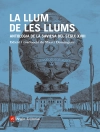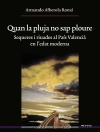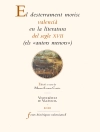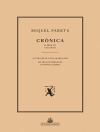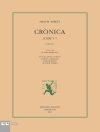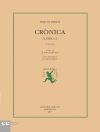This pioneering study tells the story of the emergence of rural workers’ gardens during a period of unprecedented economic and social change in the most dynamic and prosperous region of Scotland.
Much criticised as weed-infested, badly cultivated and disfigured by the dung heap before the cottage door, eighteenth-century cottage gardens produced only the most basic food crops. But the paradox is that Scottish professional gardeners at this time were highly prized and sought after all over the world. And by the eve of the First World War Scottish cottage gardeners were raising flowers, fruit and a wide range of vegetables, and celebrating their successes at innumerable flower shows.
This book delves into the lives of farm servants, labourers, weavers, miners and other workers living in the countryside, to discover not only what vegetables, fruit and flowers they grew, and how they did it, but also how poverty, insecurity and long and arduous working days shaped their gardens. Workers’ cottage gardens were also expected to comply with the needs of landowners, farmers and employers and with their expectations of the industrious cottager. But not all the gardens were muddy cabbage and potato patches and not all the gardeners were ignorant or unenthusiastic. The book also tells the stories of the keen gardeners who revelled in their pretty plots, raised prize exhibits for village shows and, in a few cases, found gardening to be a stepping-stone to scientific exploration.
İçerik tablosu
List of Illustrations
Acknowledgements
List of Abbreviations
Counties of the Eastern Lowlands before 1975
A Note on Old Scottish Weights and Measures
Introduction
Chapter 1 – The Changing Landscape
Chapter 2 – Kailyards and Farm Servants
Chapter 3 – Cottagers’ Gardens
Chapter 4 – Potato Grounds
Chapter 5 – The Midden
Chapter 6 – The Rural Diet
Chapter 7 – Competitions and Shows
Chapter 8 – The Cottage Gardener’s Education
Chapter 9 – The Idea of the Cottage Garden
Epilogue
Glossary
Bibliography
Yazar hakkında
Catherine Rice has been researching aspects of working-class history in Scotland since retiring as an English language lecturer in Dundee.


